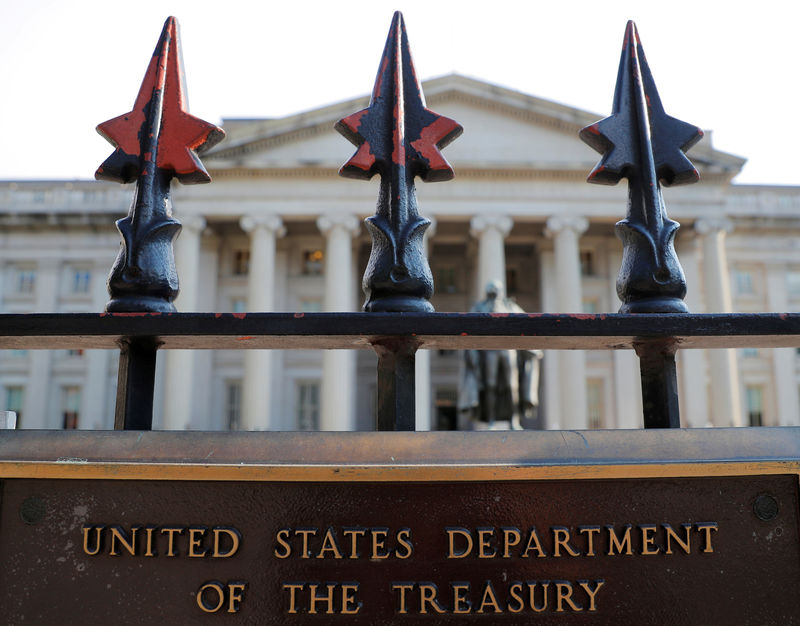Investing.com - As the United States government faces an increased risk of not being able to make crucial payments due to ongoing debt-ceiling disputes in Congress, concerns grow over the potential consequences. Should there be a failure to pay bills by June 1, it could lead to unprecedented disruptions in financial markets.
The US has never defaulted on its Treasury bonds before, and such an event could significantly impact global financial systems that rely heavily on these multitrillion-dollar markets. To prepare for this possibility, the Securities Industry and Financial Markets Association (Sifma) has been developing contingency plans since the 2011 debt-ceiling crisis.
In the likely scenario where the Treasury must delay bond principal repayments or coupon payments for investors, various entities including money-market funds, banks, and companies would be affected as they invest in Treasurys to manage their cash balances. Additionally, individual investors who have purchased short-term T-bills may also face uncertainty regarding their returns if no deal is reached soon.
During a potential default situation, Sifma anticipates that day-to-day decisions will be made by the Treasury while coordinating with Fedwire –the Federal Reserve's payment system– to ensure proper handling of overdue bonds. However, it remains uncertain whether additional compensation would be provided for delayed payments.
To prevent complications during repayment delays or defaults from escalating into larger crises like those seen during Wall Street meltdowns in recent years –including credit downgrades and loss of investor confidence–meticulous planning is essential between both government agencies involved (Treasury & Fed). Policymakers are concerned about unforeseen problems arising from such events which might ripple through financial markets causing widespread damage; SEC Chair Gary Gensler cited increased borrowing risks among hedge funds as one example.
Although tax season has left the Treasury General Account (TGA) lighter than expected, with a balance of $68 billion as of May 17, down from nearly $900 billion a year earlier, the government aims to reach a year-end target of $600 billion. Despite this shortfall in funds, some payments will continue using current cash reserves; however, without issuing more debt, the Treasury's flexibility is limited.
BNY Mellon also plays an essential role in managing potential fallout from debt-ceiling crises as America's oldest bank and clearinghouse for daily tri-party repo transactions involving over $4.8 trillion worth of trades. These operations involve coordinating parties on either end of a trade and extending bond maturities that have been delayed –yet another complex aspect to consider during such uncertain times.
As investors seek safe assets amidst cloudy economic outlooks and brace for possible disruptions in global financial markets due to US government defaults on Treasury bonds, it remains crucial for all stakeholders involved—Congress included—to work diligently towards resolving these pressing issues before they escalate into full-blown financial crises.
